Why Travel is Essential for Kids and Parents
At a Maasai settlement in Kenya, my daughter Alissa and I listened to a guide, robed in a traditional red shuka, explain the importance of cattle and how women construct the straw, mud and dung huts. When Alissa turned around, she saw a Maasai girl her age. Smiling, each of them pointed to the other’s earrings – tiny, gold studs for the junior safari-goer and dangling, red and blue beaded ovals for Namelok. The girls’ differences instantly melted, revealing two giggly 10-year-olds admiring each other’s jewelry.
Connection is key to us as humans. Here’s how exploring new places and discovering the way others live benefits children, families, and society.
- Travel destroys stereotypes and builds understanding
- Experiencing other cultures produces global citizens
- Cultural experiences nurture creativity and empathy
- Meeting the locals adds skills, confidence, and lasting awareness
- Exploring a destination delivers hands-on learning
- Travel shores up family bonds
Travel destroys stereotypes and builds understanding
Everyone wants to travel “light.” Kids instinctively do that, leaving the baggage of pre-conceived notions and harsh judgments on the tarmac. We discovered that young girls delight in pretty jewelry, whether they live in an urban townhouse or a mud hut on the Masai Mara.
“If kids are raised with travel, they do not know stereotypes and prejudices,” says Dan Austin, CEO and founder of Austin Adventures, a travel company operating trips for families and adults on seven continents. “It makes kids better-rounded individuals,” says Austin.
That accepting attitude generates long-term benefits.
“When children travel, they become more open-minded to other cultures and people. This carries through to elementary, high school, and college, and later on into jobs,” says Angela Durko, instructional associate professor, Recreation, Park and Tourism Sciences, Texas A & M University. “I see this in my college students. Those who have traveled have a better understanding of others, are more comfortable with differences, and tend to work better with others.”

Experiencing other cultures produces global citizens
“Travel makes kids more compassionate. They see that not every 10-year-old has a cellphone,” says Austin. The awareness that kids in impoverished settings may lack electricity, running water, adequate food, and easy access to education is often the fuel that powers more fortunate youngsters to take action.
At 16, Austin’s son Andy helped set up a project in Namibia to supply bicycles to children. “He saw that kids had to walk four to five miles each day to go to school, often stopping on the way to bring water home,” says Austin. Bicycles, practically a birthright for middle-class western kids, dramatically changed the Namibian children’s commute for the better.
Cultural experiences nurture creativity and empathy
We all want creative and empathic children, and neuroscientist Erin Clabough (author of Second Nature: How Parents Can Use Neuroscience to Help Kids Develop Empathy, Creativity, and Self-Control) explains the science behind fostering those crucial skills.
“Empathy and creativity go hand-in-hand. If a child can imagine another’s experience, then he has empathy – the ability to take someone else’s perspective. If children see someone’s suffering and generate an activity to relieve it, then they boost their creativity,” notes Clabough, an associate professor at the University of Virginia. “If we want our kids to develop creativity and empathy, we need to build the neuronal connections that allow them to be creative and empathic. Novel experiences like travel contribute to establishing that by strengthening the synaptic connections between the brain’s hemispheres.”
Just as practice improves a child’s skill at throwing a fastball or memorizing the Periodic Table, trips that place kids in new situations nurture their creativity and empathy.
Meeting the locals adds skills, confidence, and lasting awareness
Taught by native outfitters, my family and I learned to windsurf in Bonaire and paddle through whitewater rapids in Costa Rica. Not only did we laugh our way through spills and splashes, we gained confidence by completing the tasks, however ineptly.
Meeting locals in other situations also enriches the travel experience. When the guards at Egypt’s Suez Canal saw then 8-year-old Alissa’s Polaroid camera, they smiled. When she showed them an instant photo of the dirt banks and blue canal water, they waved her closer, dropped their rifles, and bunched together with their arms around each other’s shoulders, morphing from menacing soldiers to a group of mates.
Years later, my daughter wrote about that experience for a college entrance essay, explaining how photography’s transformative power made her want to study the art form.
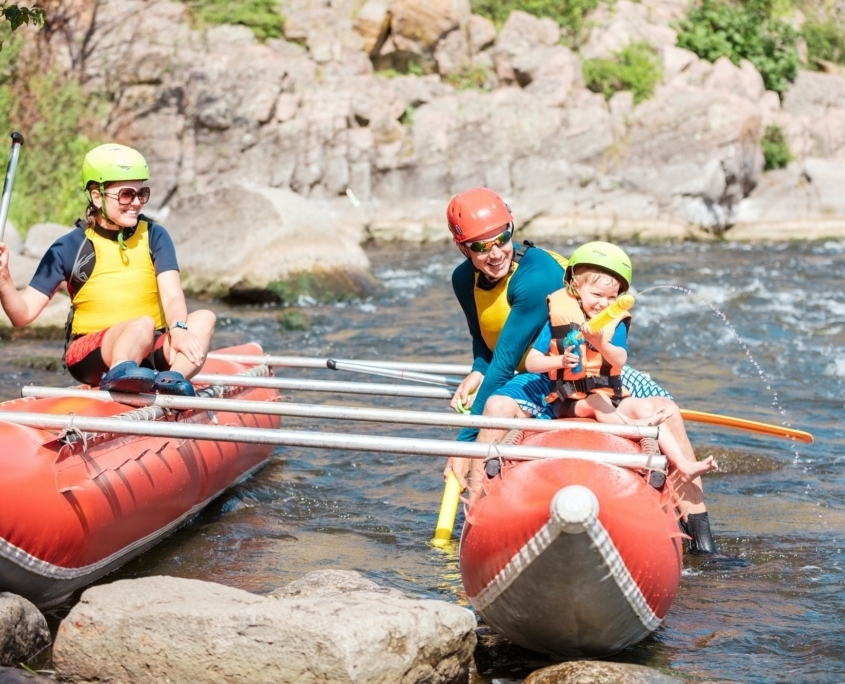
Exploring a destination delivers hands-on learning
Being there beats reading about it. Walking by flocks of blue-footed boobies and sun-bathing sea lions on the Galápagos Islands is an instant lesson on Darwin’s theory of evolution. Witnessing the geysers, mud pots, and hot springs at Yellowstone National Park gives kids a visual of the earth’s powerful thermal forces.
“Travel gives you a sense of organic learning – first-hand knowledge – that a textbook doesn’t. You can teach history in a classroom, but when kids [visit] a battlefield, they can really picture the events,” says Durko.
Travel shores up family bonds
Raising children is a joyous, meaningful, and sometimes difficult task. At home, even the best-intentioned parents may have scant time and patience to be with their kids as they hurry from school to sports practice, to a microwaved dinner before homework and bedtime.
But, take a child on a trip, and you have hours of companionship, whether admiring the masterpieces in Florence’s Uffizi Galleries or the thunderous cascades of Zimbabwe’s Victoria Falls, camping on Canada’s Vancouver Island, or exploring the woodland hiking trails in Virginia’s Blue Ridge forests. Being together builds strong family bonds. Those memories last a lifetime, and they help carry children and parents through the inevitable rough patches ahead.


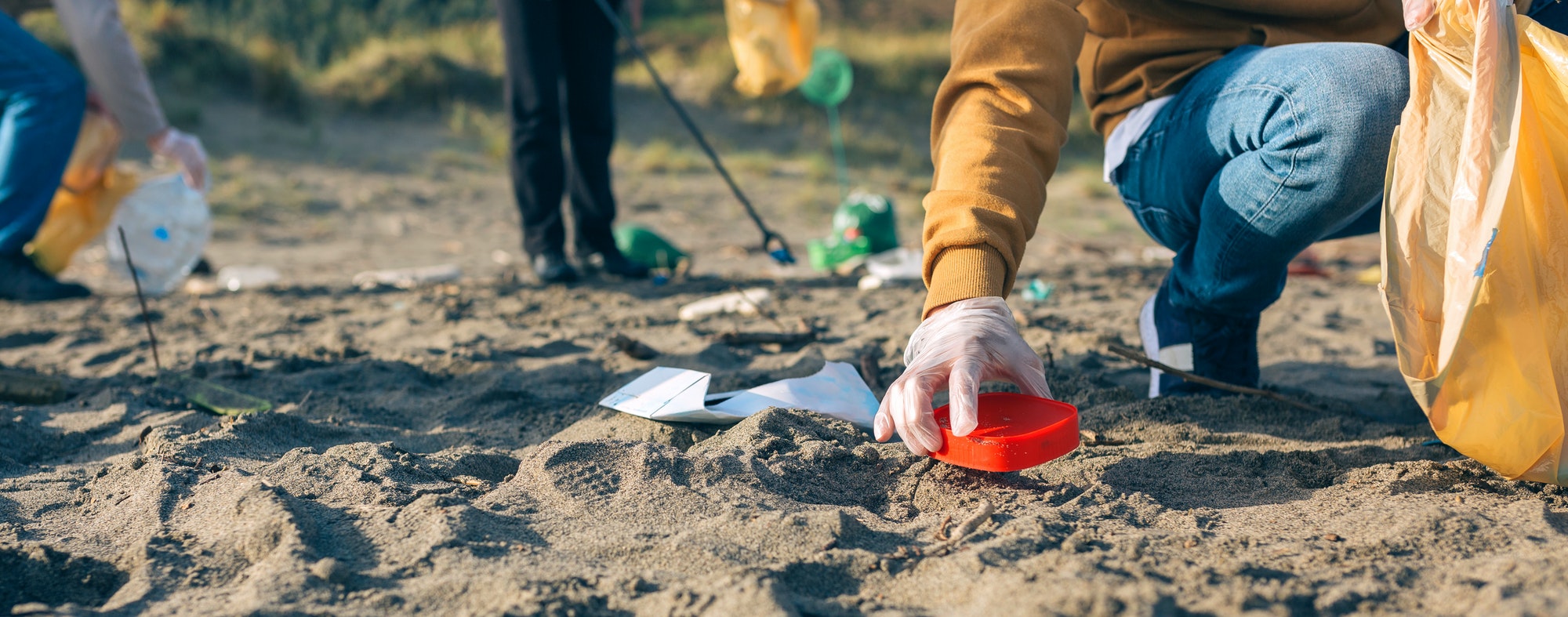 Men's Fitness
Men's Fitness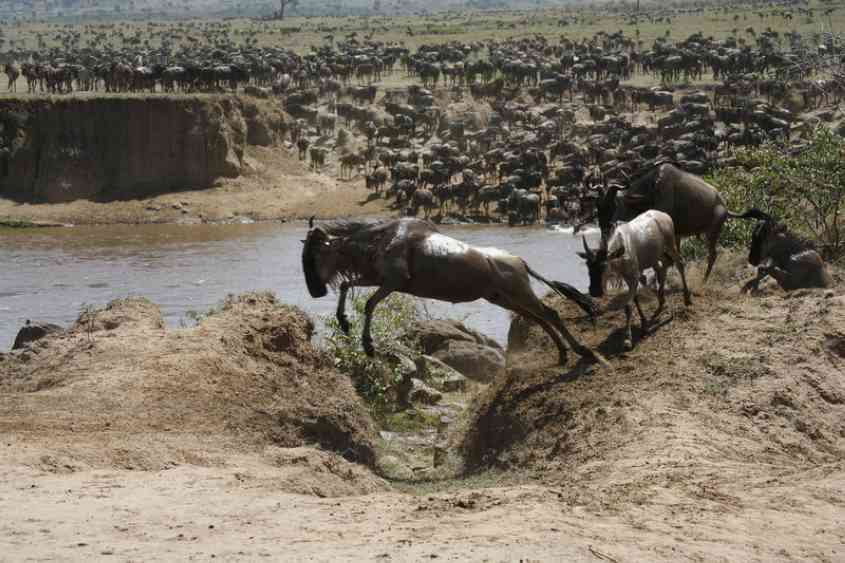 Creators Syndicate
Creators Syndicate Luxe Beat Magazine
Luxe Beat Magazine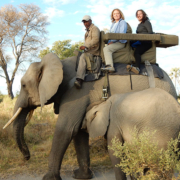 Physician's Money Digest
Physician's Money Digest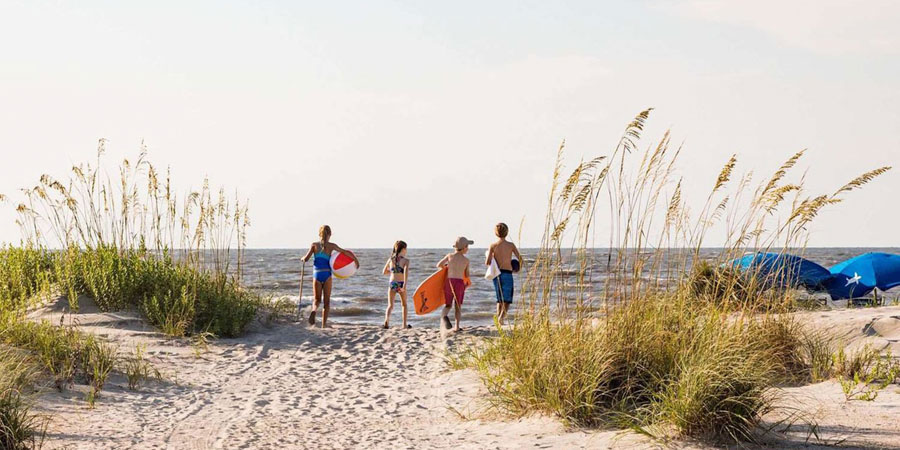 Family Vacation Critic
Family Vacation Critic LUXE BEAT Magazine
LUXE BEAT Magazine Creators Syndicate
Creators Syndicate Family Vacation Critic
Family Vacation Critic